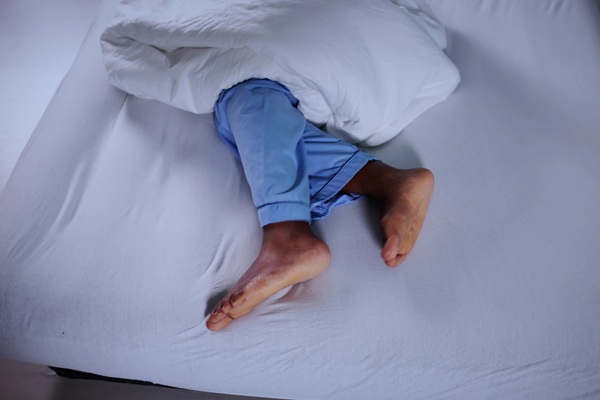Common Medications Prescribed by Psychiatrists

Psychiatrists can help patients overcome a wide variety of mental health issues, including depression, obsessive-compulsive disorder and bipolar disorder.
Along with psychotherapy, psychiatrists often provide medication to patients with mental health issues to help overcome their symptoms.
Common medications prescribed by psychiatrists
If you are seeing a psychiatrist, then you may receive a medication. Knowing the purpose and effects of these drugs can help you take charge of your health. The following are the four most common medications prescribed by psychiatrists.
Antidepressants
Antidepressants are mainly used to treat patients who suffer from depression. Antidepressants work by balancing neurotransmitters in the brain to help promote a more positive mood and stabilize emotions. Along with an improvement in overall mood, antidepressants can also help patients receive an adequate amount of rest and concentrate better. Sleep and focusing on the task at hand helps to treat depression.
The most common form of antidepressants are selective serotonin reuptake inhibitors, or SSRIs. These help increase the amount of serotonin, a neurotransmitter, in the brain. The most common types of SSRIs include Celexa, Prozac and Zoloft. In more severe cases of depression, monoamine oxidase inhibitors may be utilized instead.
Anti-anxiety
Anti-anxiety medication is another common treatment prescribed by psychiatrists. It is mainly prescribed to patients who suffer from anxiety issues ranging from chronic to more acute onset disorders.
Many with anxiety disorders suffer from panic attacks. These are real experiences of fear that can be incredibly concerning. Anti-anxiety medications help to prevent panic attacks from occurring. At the least, they reduce the frequency of panic attacks. Anti-anxiety medications can also treat more general, less severe issues. The most common forms of anti-anxiety medication include Ativan, Librium, Valium and Xanax.
Mood stabilizers
Mood stabilizers, or anticonvulsant medications, help patients who suffer from constant, uncontrollable mood swings.
The most common conditions that mood stabilizers help treat include bipolar disorder, borderline personality disorder and schizophrenia. However, mood stabilizers are most generally applied to those with bipolar disorder, who likely experience uncontrollable spikes in their emotional state. Mood stabilizers such as Lamictal or Lithium help patients keep a stable emotional state when they would otherwise act irrationally.
Stimulants
The main reasons psychiatrists prescribe stimulants is to help patients control disoriented, unorganized thought patterns. Stimulants are most commonly used in patients who have attention deficit hyperactivity disorder, ADHD. The stimulants help patients focus on an activity without being distracted by other events or thoughts. The most common stimulants that are prescribed by psychiatrists include Adderall, Ritalin and Dexedrine. All three are quickly becoming the highest prescribed drugs for many psychiatrists.
Would you like to speak to a psychiatrist?
The conditions listed above, as well as other mental health disorders, are disruptive to say the least. That said, there are medications that can help control side effects. If you or a loved one suffers from a psychological condition or disorder, give us a call. We can help diagnose the issue and create a treatment plan that allows you to enjoy daily life.
Request an appointment here: http://www.hopetmsofny.com or call Hope TMS and Neuropsychiatric Center at (646) 578-8152 for an appointment in our New York office.
Check out what others are saying about our services on Yelp: Read our Yelp reviews.
Recent Posts
Restless leg syndrome can make evenings difficult by creating an urgent need to move the legs when the body tries to rest. Considering symptoms like crawling or pulling often intensify at night, sleep quality can drop, and daytime energy can follow. With the right support, many people can manage their symptoms and get a good…
PTSD syndrome can shape your daily experiences in significant ways, from your emotional balance to your physical health and personal stability. Symptoms of PTSD can become an invisible burden that affects your routine and interpersonal connections. While these symptoms vary from person to person, they can impact every corner of your life without the right…
Adult ADHD therapy supports individuals navigating challenges with focus, time management, and emotional regulation. While attention deficit hyperactivity disorder, or ADHD, is commonly diagnosed in childhood, its symptoms can persist into adulthood, often interfering with careers, relationships, and daily tasks. Professional therapy offers a structured approach to managing these difficulties and building long-term strategies for…
Transcranial magnetic stimulation, also known as TMS treatment, is an innovative and noninvasive therapy for several mental health conditions. By using magnetic fields to stimulate specific areas of the brain, TMS is an effective treatment for cases where traditional methods have provided little to no relief. It is important to know which mental disorders are…


